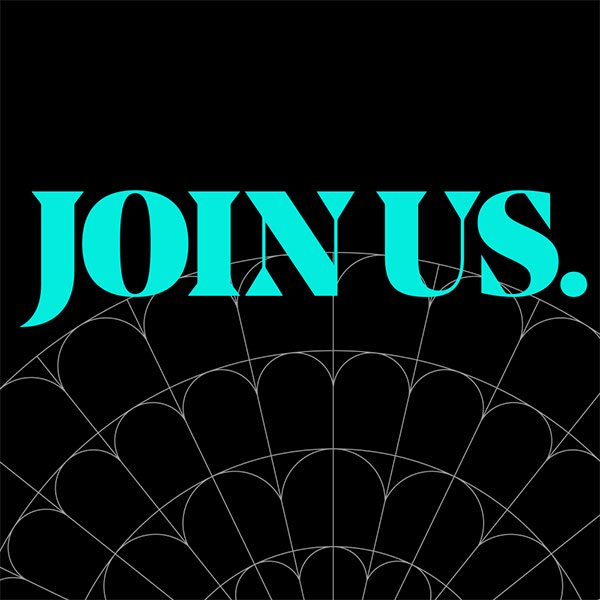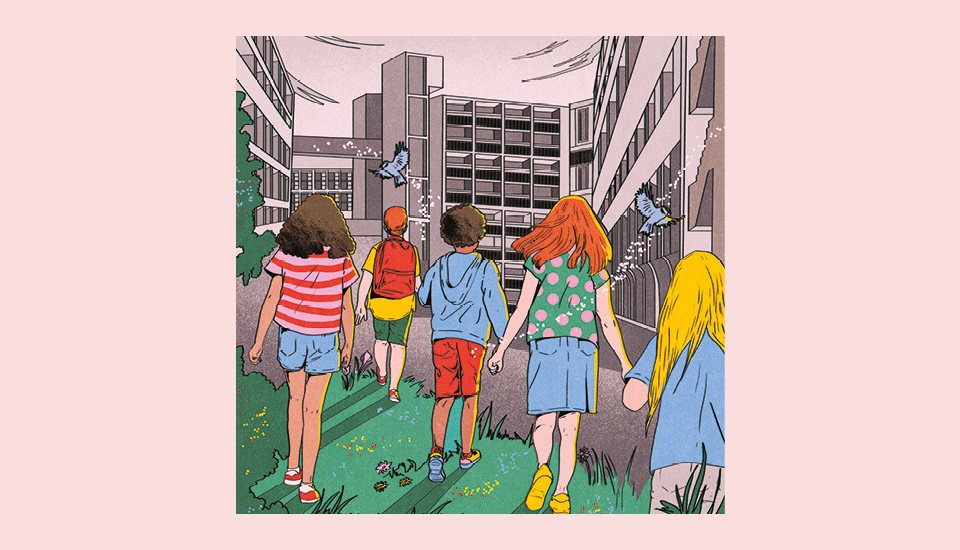Just knowing how to read and write is no longer enough. Lazar Dzamic argues that we need to arm our young with new literacies, to fight back against the narratives sold by the media, politicians, religion, the entertainment industry and big business.
We will not surmount the challenges of today (as a germinated future) if we do not become literate in new ways.
The very term ‘literacy’ is ripe for change. Functional typographic literacy – reading and writing – is now only the most basic condition for managing in the modern world. It allows us some rudimental communication in the mediated space of the screen, but it doesn’t generate – not alone, at least – our capabilities for wisdom, protection and development.
For that, we need new forms of literacy, from our earliest age and on a systemic/societal level. Typographic literacy, as powerfully elaborated by Professor Neil Postman in his seminal book Amusing Ourselves to Death, has lost the war with TV, and now, the internet.
Six big skill areas
What are those new literacies and what is the blueprint for the new education? There is a lot of debate about that. My take on it derives from, and is, inspired by all the contributions so far, but packages it somewhat differently, into six big skill areas that could prove crucial for building a better world:
- Archetypal/narrative literacy
- Impulse literacy
- Attention and algorithmic literacy
- Teamwork literacy
- Statistical literacy
- Creative literacy
We usually don't talk about them in this interconnected way, as the possible new set of societal ‘scaffolding’ we need to stop repeating mistakes of the past – and of the present.
You can read my full Six literacies to save the world piece piece on LinkedIn. But let’s take one of them, which is based on my professional experience and research, and probably the most critical: the literacy about how big archetypal narratives work and the influence they have on us. Look at the state of the modern world, particularly developed countries, and the consequences of this illiteracy are terrifying.
Story is our most powerful invention
In short, story is the most powerful technology humans have ever invented. It most potently pushes us, individually and collectively, in various directions of action. It is a gravity control machine: it can, literally, lift us to the stars, or drop us into moral abysses. Ideologies, religions, economic systems, fashions, trends, entertainment/media complexes.
All of the above are stories, narratives, particular ways of constructing, conceptualising and mediating our reality. Most of them are created with the purpose of influencing our thoughts, feelings and behaviour. They all have some ideological or/and commercial targets. There is no empty epistemology.
It is critical for us, to the point of our own survival, to understand how stories work and why they are so powerful. Why and how are we evolutionary primed to react strongly to them? Why are we so immersed in them? The most bizarre thing with our world is that this critical literacy is not taught in this way yet. It’s one of the most widely studied arts and crafts in the world, but in the utterly utilitarian way: learning to tell strong stories to become famous, make money, or be very good at selling stuff.
What we don’t learn is how to defend ourselves from strong stories like populism, conspiracies and various sorts of propaganda. This literacy is the antidote for manipulations unleashed upon us by the various actors, in all their guises. This whole dark theatre of problems has but one common approach: the use of strong emotional, archetypal, narratives.
Two sides to every story
Archetypal stories are formulas: about the fight of good versus evil, ‘us’ and ‘them’, an external enemy who jeopardises our way of life, about the essence of the true hero. They are templates for dealing with our collective anxieties, evolved and inherited over the millennia. Drama and conflict, packaged into a formula, sit at their heart. Many researchers, from Vladimir Propp to Claude Levi-Strauss to Joseph Campbell, have pointed out the formulaic nature of archetypal stories. Hollywood knows it, populists know it, propagandists know it.
This template is as powerful as it is simple to understand. Once we are aware of it, it is easy to lift the bonnet of a hot emotional story to see which simple structural buttons crafty storytellers – and we have to give them credit for that – are pressing to get desired reactions from us. If there is a subject that we should – strategically and in an organised way – be trained in from the very early days of our lives (not just as passive consumers), this is it.
This, of course, requires new teachers in schools on all levels. Who would be these breakers of the spell? Here's the space for true disruption! This is a mission in which script and speech writers, novelists and copywriters, film directors and editors – storytellers of all colours – can find new expressions of their societal usefulness. Instead of naked and cynical commercial exploitation of our narrative/attention illiteracy, turning it into a mere ‘business’ or ‘fame’, here’s a chance for a great karmic redemption, for contributing to the common good. They would teach us the 'defence from the dark arts'; they would demystify mystification.
New literacy curriculums are crucial
The curriculum for these new kinds of literacy is easy to make. Literature, thought leaders and methodologies already exist. The lack of knowledge is simply not an excuse. The only thing that we truly lack is the absence of the systemic will to even try it. The challenge to the status quo is simply too big.
This literacy abounds in various branches of the economy, vastly financed. Advertising, political propaganda, sales and the whole of the entertainment industry make a killing through archetypal storytelling, impulse stimulation, attention-hacking, super-rational teams of experts and intensive use of data. 'Creativity' is written all over these industries. They truly understand how human nature and our cognitive heuristics work, and they have weaponised this knowledge. Sometimes, true, they use it to develop things that genuinely improve the way we live our lives. But my insider experience confirms that most times it is used against us, in an ideological system that puts profit above people and above the planet.
These weaponised humanities have created a stealth methodology, the ‘black ops’ kind of thinking (to use the expression by Prof. Mara Einstein) that slips vested interests under the radar of our attention and our understanding. Enlightening the people through these new literacies would fundamentally shift the balance of power, our perceptions of reality and our priorities in life, as well as the political and economic systems we believe in.
But no one in power will like it.
Lazar Dzamic is an Associate Lecturer at Goldsmiths University, former senior strategist at Google in London and lecturer at Business School Lausanne, School of Economics and Business in Ljubljana and the Faculty of Media and Communications in Belgrade.
Do children need to be taught new forms of literacy? Submit your answer in the poll and let us know why in the comments section below.

Become an RSA Fellow
The RSA Fellowship is a unique global network of changemakers enabling people, places and the planet to flourish. We invite you to be part of this change.
Related articles
-
Young at heart
Journal
Jonathan Prosser
Becoming a nation with children at its centre in 10 courageous steps.
-
RSA Catalyst Awards 2023: winners announced
Blog
Alexandra Brown
Learn about the 11 exciting innovation projects receiving RSA Catalyst funding in our 2023 awards.
-
Investment for inclusive and sustainable growth in cities
Blog
Anna Valero
Anna Valero highlights a decisive decade for addressing the UK’s longstanding productivity problems, large and persistent inequalities across and within regions, and delivering on net zero commitments.




Join the discussion
Comments
Please login to post a comment or reply
Don't have an account? Click here to register.
The easiest way to learn all these new literacies in one fell swoop is to teach people the very natural skill of visual thinking! It is simultaneously heuristic & recursive. Thus giving a person of any age a tool for life, the ability to make sense of any situation, creatively with extended periods of flow & creativity. The attention span is lengthened exponentially. The big picture is seen via thinking outside the box. And YES it is about story telling but more than that - a practitioner very quickly realises the choice of narratives which could be equally validly applied to the same situation. Visual thinking is available to all ! despite some studies which artificially limit it to "visually inclined people." Visual thinking is cognitive flexibility on a plate, be you 4 years old or 80 years old, it allows your full human potential to flower.There, you didn't have to battle with the fossilized status quo of the educational establishment. Just teach this natural path alongside whatever specialization you consider necessary.